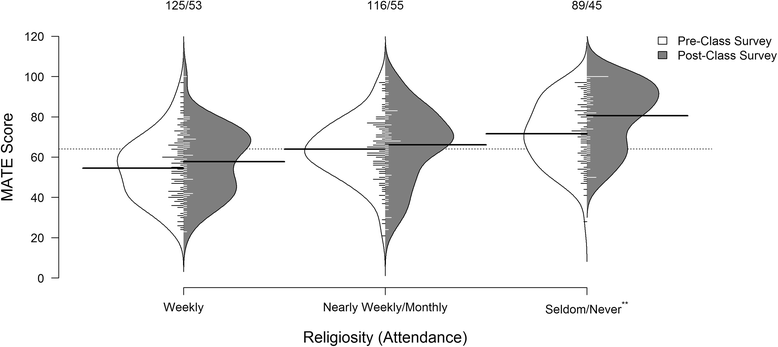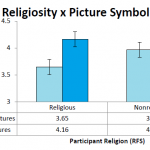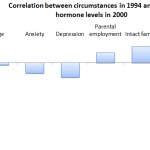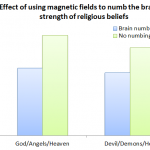The USA is a conundrum when it comes to creationist beliefs. While the US comes about average in high-school science education results, staggering numbers of American adults are not only creationists but young earth creationists – believing that the earth is a mere 6,000 years old.
Now, there’s quite a lot of research to suggest that this is due to widespread fundamentalist Christian beliefs. But quite how that manifests is unclear. Are fundamentalists generally ignorant of science – or is it just evolution?
A study by Leslie Rissler and colleagues at the University of Alabama suggests that it’s mostly the latter – but with a few twists.
They surveyed nearly 3,000 students at their university on their understanding of evolution, and found that understanding of evolution and acceptance of evolution were closely linked. Those who could correctly answer some basic questions about how evolution works also tended to believe it to be true.
However, when they looked at the basic factors that contributed to understanding and knowledge of evolution, they found that academic level (freshman, sophomore, etc), whether evolution was taught at high school and whether or not the student majored in science were all relatively unimportant (although they all had a small positive effect).
The overwhelming factors were religious attendance and religious identification – which both had a large, negative effect.
They went on to show that, while those who took a science major had better understanding of evolution than those who did not, understanding of evolution increased similarly for all as their academic years progressed. Similarly, those who had been taught creationism improved during university – although they never caught up with those who had been taught evolution.

However, those who were frequent churchgoers were much less likely to improve their knowledge and understanding of evolution while at university.
This groovy figure is called a bean plot. The left hand side of each bean shows the scores of students before taking an introductory class in biology. They grey area on the right of each bean shows the scores after the class.
Keep your eye on the horizontal lines, which show the averages in each case. You can see that it starts higher and shifts up more for the ‘hardly ever’ churchgoers. Whereas it starts low and barely shifts for the frequent churchgoers.
One last thing they found was that religious students did understand that most scientists accept evolution. If they were asked what scientists think and understand about evolution, they were generally reasonably accurate.
So a major reason why they score low in tests of understanding is not that they don’t get it, but that they refuse to believe it!
![]()
Rissler, L., Duncan, S., & Caruso, N. (2014). The relative importance of religion and education on university students’ views of evolution in the Deep South and state science standards across the United States Evolution: Education and Outreach, 7 (1) DOI: 10.1186/s12052-014-0024-1
 This article by Tom Rees was first published on Epiphenom. It is licensed under Creative Commons.
This article by Tom Rees was first published on Epiphenom. It is licensed under Creative Commons.















